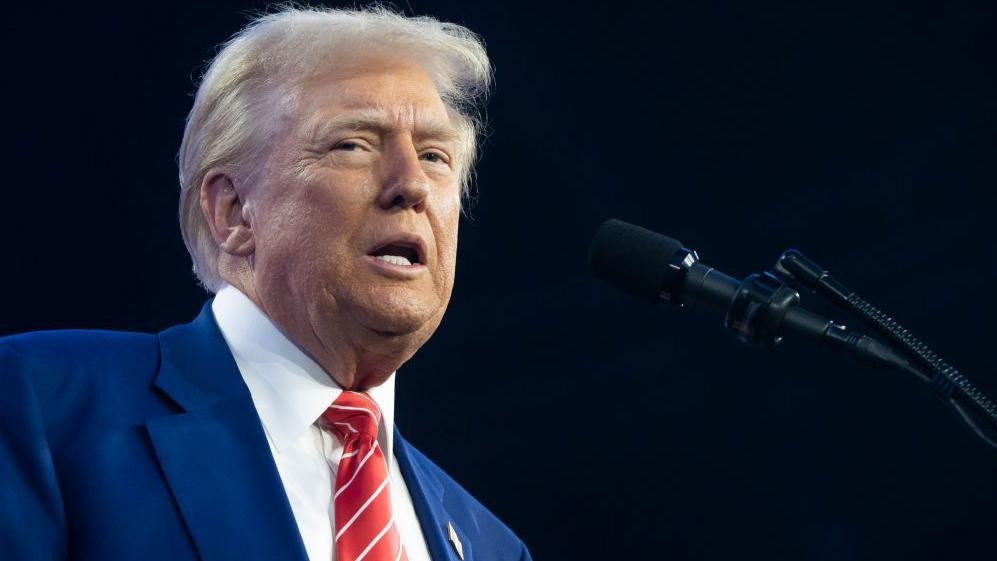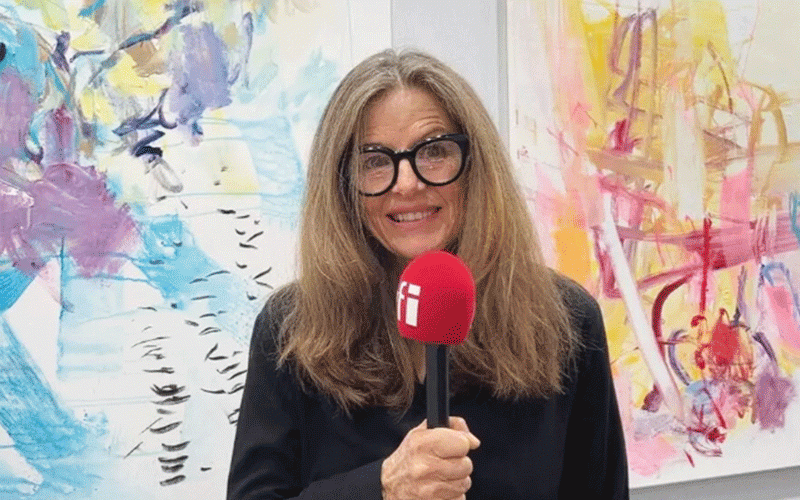
AFRICA as a continent has a very high potential for economic independence and self-sustainability to take care of its citizens without a hassle.
GUEST COLUMN: REINFORD KHUMALO
From an assessment of the primary resources that the continent has, it is not unreasonable for anybody to entertain such a dream of economic independence and plenty on the continent.
However, when one takes other things into account, one finds that this dream for the continent to feed itself leisurely has been marred by Western intrusion and the so-called globalisation to the extent that it has become remarkably elusive. Many factors have encroached into the capacity of Africa to raise its head above the water to call the economic shots commensurate with its abundance of resources.
Some key factors affecting this dream are, missed opportunities, high level of indebtedness, poor economic policies and weak currencies. This article will elaborate all the four factors mentioned above to drive the point home to show reasons for the failure of the dream of economic self-sustainability by Africa.
Firstly, many voices have been heard recently, among others, Professors Patrick Lumumba and Arthur Mutambara, the exponents of Kwame Nkuruma’s 1958 to the early 1960s idea of a United States of Africa, of which I am also a keen exponent, that African States should have given up their little sovereignties to have one president to attain massive economic power as a bloc in dealing with big economic powers such as the US, China, Europe, Australia and India that have expansive populations.
The United States of Africa with its aggregated resources would deal equitably with powers almost its size rather than have its individual countries such as Lesotho, Swaziland or Zimbabwe dealing with big countries such as China. There cannot be a fair deal between a superpower and a small country.
Nkuruma’s idea was probably sabotaged or not understood by his contemporaries. The timing for implementing the idea of the United States of Africa was opportune at the time before many African presidents tasted power in their little sovereign States. That opportunity was, therefore, missed.
- Chamisa under fire over US$120K donation
- Mavhunga puts DeMbare into Chibuku quarterfinals
- Pension funds bet on Cabora Bassa oilfields
- Councils defy govt fire tender directive
Keep Reading
Secondly, African countries are heavily indebted to the institutions of the West, the World Bank and the International Monetary Fund. They are described as heavily indebted developung countries (HIDCs).
The indebtedness is so huge that it is almost impossible for them to extricate themselves from the debt and have even lost the authority to craft their own independent economic policies. They have to follow the dictates of economic powers or they lose further economic assistance.
Thirdly, the economic policies of independent States in Africa are largely dictated by Western powers. For example, in this country, we have had the Economic Structural Adjustment Programme (Esap) whose overall effect was the down turn of our economy that led to the devaluation of the Zimbabwe dollar that was about one to one or slightly higher than the US dollar to a far lesser ratio, a clear indicator that Western initiated economic policies are up to no good for African countries.
Fourthly, There is no single country on the continent of Africa that has maintained the value of its currency since independence. All the continent’s currencies have been devalued on average to about 200% to 300% lower whereas those of the West have appreciated or remained stable.
This makes it even more difficult for these heavily indebted countries to pay the debts owed to Western world institutions. The resources of African countries become amazingly cheap to Western countries as a result of the devaluations. This is a way of transferring African wealth to Western countries.
What could be the way forward towards alleviating the economic problems of Africa? Even though the following suggested approach could be too little too late, it could bring about some positive economic results. The economies of Africa need to be bold and engage in the beneficiation of their mineral resources.
No country on planet earth can ever improve its economic conditions through trading on its primary resources only without manufacturing. Doing so would be to enrich the mineral importing countries to the detriment of the country from which the mineral resources are extracted.
African countries could introduce policies that require all foreign companies that extract mineral resources from them for exporting to their countries to process a percentage of the mineral products in the country of extraction. The condition should be No Processing No Extraction for Export.
Lastly, most African countries are paralysed by corruption. Corruption needs to be dealt with effectively and not politicised and entertained through selective justice. There should be no sacred cows in dealing with corruption. All should be equal before the law.
It is possible that Africa can move from beggar status to self-sustainability status if only our leaders could heed advice such as this.











